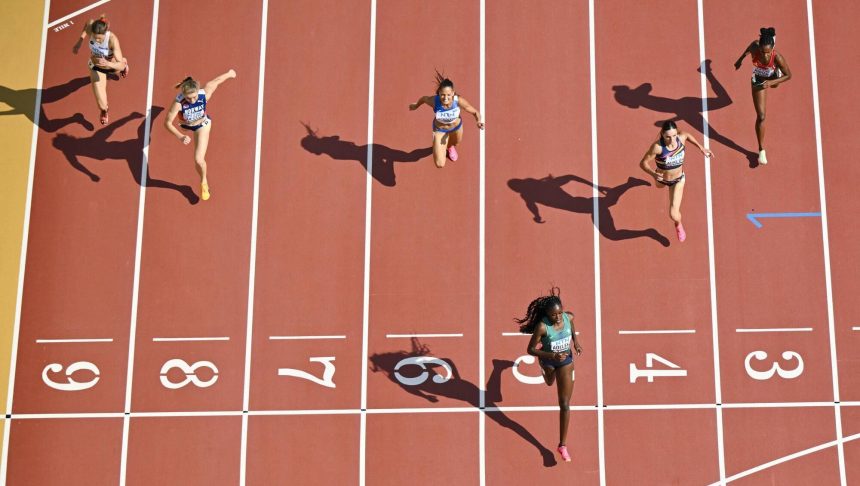One-Time SRY Gene Screening Now Mandatory
Starting this week, World Athletics has introduced a new policy requiring all athletes competing in the female category at world-ranking events—including the upcoming World Athletics Championships in Tokyo—to undergo a one-time genetic test. The test detects the presence of the SRY gene, a marker on the Y chromosome, to verify whether an athlete is biologically female.
Why Now? A Response to Controversy and Fairness Concerns
This new mandate follows mounting debate over fairness in women’s sports, particularly after high-profile controversies during the Paris 2024 Olympics surrounding athletes like Imane Khelif and Lin Yu‑ting. In approving the policy in March, World Athletics President Sebastian Coe emphasized that gender identity cannot override biological eligibility in elite competition—a stance aimed at “protecting the integrity of women’s sport.” The test, applied as a non-invasive cheek swab or blood sample, is viewed as a clear and precise method to affirm biological sex.
Implementation Underway, with High Uptake But Logistical Hurdles
According to Coe, over 90% of female-category athletes scheduled to compete in Tokyo have already completed their SRY test. Yet the process has not been friction-free:
- Some Canadian athletes had to retake tests because initial kits failed to meet World Athletics standards.
- French athletes, confronted with local laws prohibiting DNA testing for non-medical purposes, were required to be tested at camps outside France.
Despite these challenges, Coe remains confident that testing will be largely completed before the Tokyo championships begin.
Global Momentum: Other Sports Follow Suit
This move by World Athletics is part of a broader trend across sport governance:
- World Boxing now mandates genetic (PCR or equivalent) testing for all female competitors ahead of the World Championships in Liverpool to detect Y chromosome presence.
These parallel decisions underscore an emerging norm across elite women’s sports toward genetic verification to enforce fairness.
Ethical, Legal, and Social Quagmires
The new policy is already provoking debate:
- Critics warn genetic testing revives a discredited era of sex verification, which historically caused emotional distress and career-ending ramifications—not least for athletes like Annet Negesa, who was pressured into medical interventions due to her DSD status.
- Ethical bodies, including the World Medical Association, have long opposed non-medical genetic tests for sports eligibility as discriminatory and without medical justification.
- Scientific concerns linger around the arbitrary use of a single genetic marker; the presence of a Y chromosome does not necessarily translate to performance advantage, especially for those with conditions like Complete Androgen Insensitivity Syndrome (CAIS), who may lack male-typical traits despite having the SRY gene.
What Lies Ahead? Fairness vs. Privacy
With the Tokyo championships approaching, this policy raises broader questions about the balance between preserving fair competition and respecting athlete rights. As genetic criteria enter the eligibility equation, governing bodies must grapple with complex implications—across legality, athlete privacy, and inclusion.
Would you like a deeper dive into the policy’s scientific critiques, athlete case studies, or comparisons across different sports?











